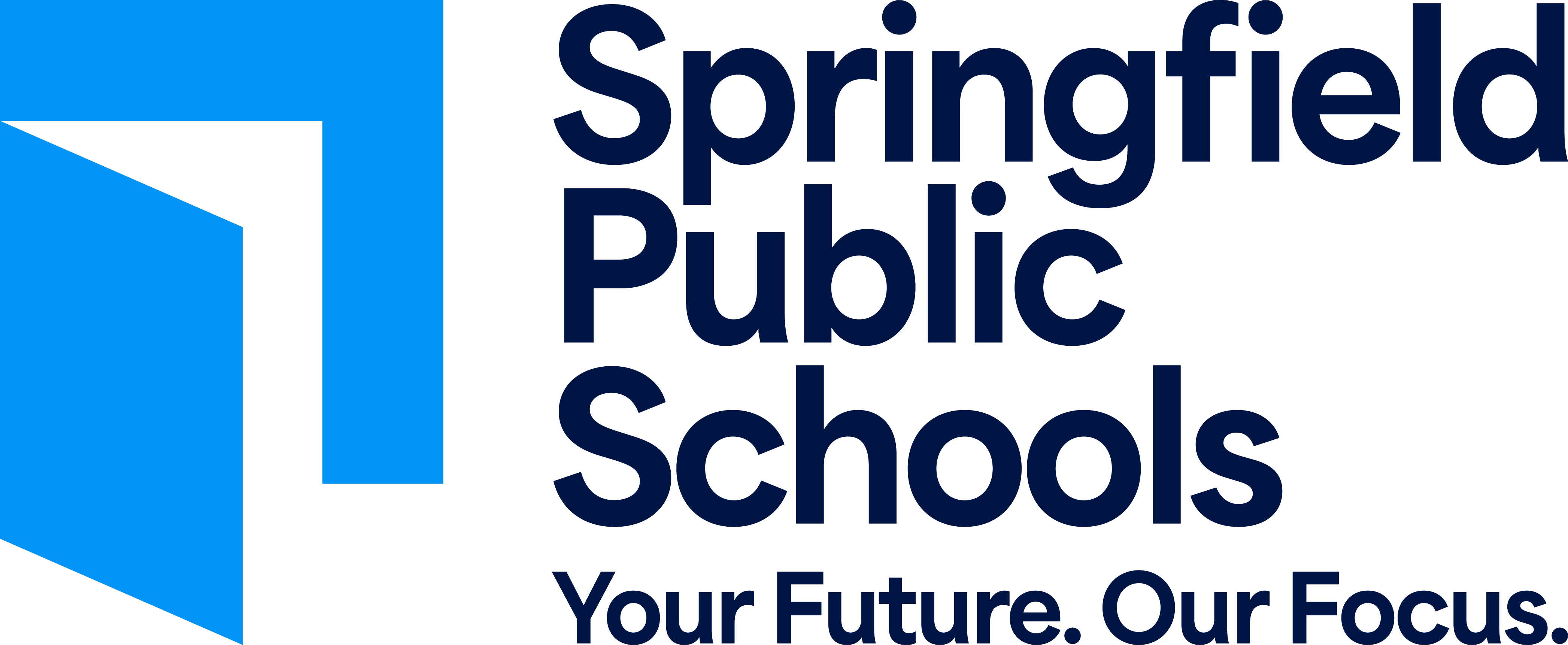Organizational Efficiency and Excellence
-
We are committed to being responsible leaders and stewards of district resources.
Objective 2.1
-
Develop a culture of effective governance
Smart Goal 2.1.1 - Engage in on-going self-evaluation and professional learning for the Board of Education.
Champion: Board of Education President and Vice President
Key Metrics: Board self-evaluation, stakeholder feedback, and professional learning plan for BOE members
Baseline: Board self-evaluation from 2022-2023
Target: Perform as a high-functioning and effective Board of Education
Strategy A: The Board of Education will develop and complete an annual self-evaluation to identify strengths and opportunities for improvement to ensure effective leadership and district governance.
Strategy B: The Board of Education will create and implement a professional learning plan to develop and improve team governance practices.
Objective 2.2
-
Evaluate and align administrative positions for organizational efficiency and effectiveness
Smart Goal 2.2.1 - Review, evaluate, and make recommendations annually for effective utilization of district administrative services and staff.
Champion: Superintendent, Deputy Superintendent of Academics, Deputy Superintendent of Operations, and Chief Human Resources Officer
Key Metrics: Assessment of existing organizational structure
Baseline: 2023 organizational structures and staffing
Target: Provide necessary administrative support in alignment with DESE standards
Strategy A: Review organizational structures for administrative services annually and revise as needed. Any revisions will be shared with the Board of Education. If additional staffing is deemed necessary, such requests will be included as part of the annual budget review and approval process.
Objective 2.3
-
Ensure long-term fiscal stability
Smart Goal 2.3.1 - Create a long-range fiscal plan to address employee compensation and retention while maintaining a minimum operating fund balance of 17%.
Champion: Deputy Superintendent of Operations and Chief Human Resources Officer
Key Metrics: Regional and statewide comparison of the rank of the district’s compensation, and the annual rate of teacher and support staff retention
Baseline: 2022-2023 Budget (Revenues & Expenditures), 2022-2023 Salary Schedules, and 2022-2023 teacher and staff retention rates
Target: Provide a total compensation package that ranks at the top of all school districts in the southwest region of the state annually
Strategy A: Develop a five-year compensation and retention plan to include compensation targets related to both wages and benefits. It will also include recruitment and retention strategies for all employee groups.
Strategy B: Update the five-year compensation and retention plan at least every two years and share with the board in the spring of each year during the budget approval process.
Objective 2.4
-
Analyze and improve the human resources functions of the school district
Smart Goal 2.4.1 - Provide and implement recommendations for improvement to the human resources structure and processes of the district.
Champion: Chief Human Resources Officer
Key Metrics: Organizational Chart and Standard Operating Procedures
Baseline: Internal HR audit presented to the Board of Education in 2022
Target: Finalize a review of all Human Resource processes in 2023
Strategy A: Conduct a comprehensive review of department functions, processes, and structure during the 2022-2023 school year. Changes to the organizational structure will be presented to the superintendent no later than February 2023.
Strategy B: Develop a perpetual calendar to establish regular review of Human Resources processes. This calendar will be presented to the Deputy Superintendent of Operations by June 2023, and implemented during the 2023-2024 fiscal year.


